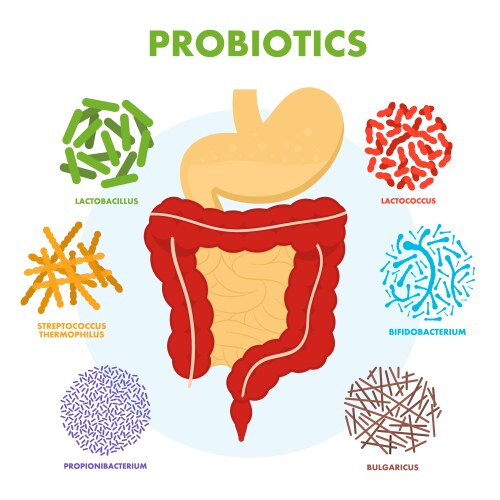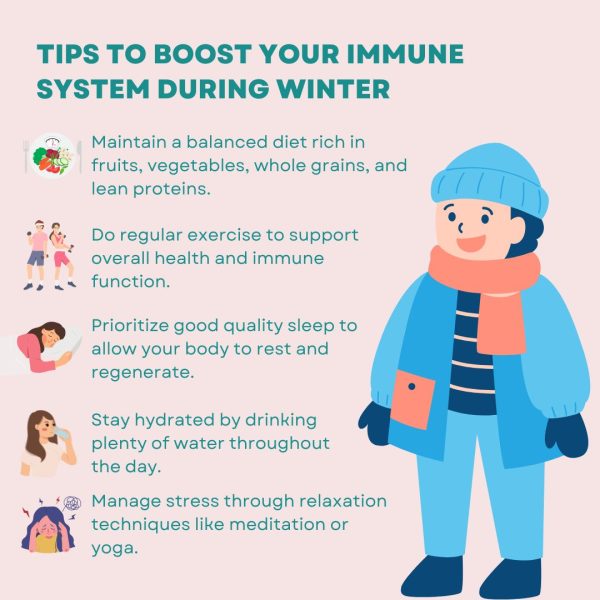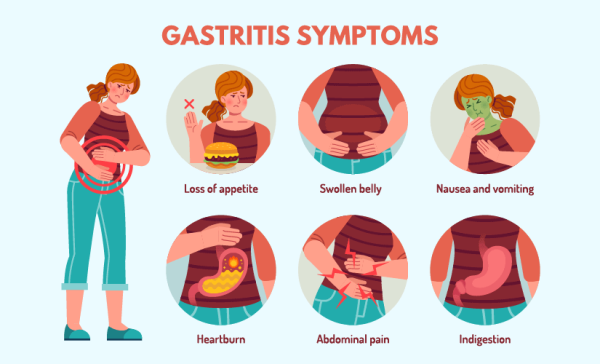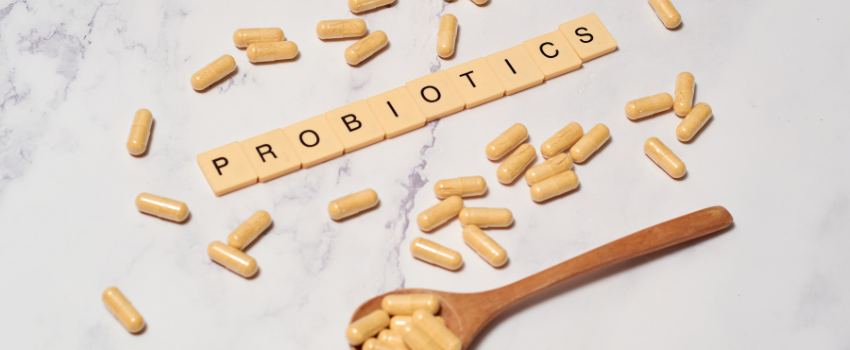Probiotics and Gut Health in Athletes.
The athletic community has increasingly recognized gut health as another key factor in maintaining optimal performance and overall well-being of athletes. Probiotics, also known as the ‘good bacteria’, have emerged as a popular supplement for improving gut health. These microorganisms were said to offer a range of benefits, particularly for serious athletes who are often exposed to physical and environmental stressors that can negatively affect the gut.
Are probiotics really worth the hype? Let’s explore further.
The athletes’ gut.
The gut, also known as the gastrointestinal (GI) tract, is central to nutrient absorption and digestion. It houses trillions of microorganisms, collectively known as the gut microbiota. These gut bacteria have a wide range of functions, including breaking down dietary fibers, producing vitamins, and regulating immune responses. A healthy gut microbiota supports digestion and the immune system, which is essential for maintaining overall health.
Strenuous exercise can increase intestinal permeability, also known as “leaky gut.” This condition allows harmful substances like bacteria and toxins to pass into the bloodstream, leading to inflammation, gastrointestinal discomfort, and a weakened immune system. For high performance athletes, maintaining gut health is crucial to avoid these issues, and probiotics can be a key part of this process.
What are probiotics?
Probiotics are live bacteria that provide health benefits when consumed in adequate amounts. It can help to maintain a balance of good and bad bacteria in the gut. Eventually supporting digestion, immune function, and nutrient absorption.
Common strains of probiotics include Lactobacillus and Bifidobacterium. These are naturally found in fermented foods such as yogurt, kimchi, and sauerkraut, or in dietary supplements. These probiotics can also assist in restoring the gut microbiota after disruptions caused by illness, antibiotics, or intense physical activity.
Probiotics also work synergistically with prebiotics to boost the lifespan of probiotic microorganisms. Prebiotics are typically found in foods high in fiber, such as whole grains, fruits and vegetables. Consuming probiotics with these high-fiber foods in our diet can enhance the growth and sustainability of the good bacteria.

How probiotics benefit athletes?
Athletes engaged in high-intensity or endurance training may experience increased levels of stress, inflammation, and gastrointestinal issues. Incorporating probiotics into their routine can offer several benefits:
1. Enhance immune function.
Regular exercise can boost immune function, but over-training or intense activity may have the opposite effect – suppressing the immune system and making athletes more susceptible to infections. Probiotics can strengthen the immune system by enhancing the production of immune cells and reduce the likelihood of infections, especially in the respiratory and gastrointestinal tracts. For athletes, research suggests that probiotics reduce the duration and severity of common illnesses, like colds and gut infections. This will eventually reduce the number of sick days and allow athletes to train optimally.

2. Reduce gastrointestinal issues.
Endurance athletes, such as marathon runners or triathletes, often experience gastrointestinal discomfort. This includes bloating, cramping, and diarrhea during or after exercise. This is because of the increased in gut permeability and blood flow shifting away from the gut during intense physical activity. Probiotics can help mitigate these symptoms by strengthening the gut lining. Hence, reducing gut permeability by promoting a healthy balance of gut bacteria.

3. Improve nutrient absorption.
A healthy gut is essential for the absorption of key nutrients that are crucial for recovery and performance. Probiotics assist in the breakdown of nutrients, making it easier for the body to absorb amino acids, fatty acids, and antioxidants that aid in muscle repair and energy production. With better nutrient absorption, athletes can enhance recovery time and overall athletic performance.
4. Reduce inflammation and oxidative stress.
Intense physical activity produces oxidative stress and inflammation. This can lead to intense muscle soreness, fatigue, and a higher risk of injury. Probiotics can reduce inflammation by modulating immune responses and promoting the production of anti-inflammatory compounds. This reduction in inflammation may fasten recovery and decreases duration of muscle soreness after training sessions.
5. Promote mental well-being.
The gut-brain axis is a communication network between the gut and the brain. This has been the subject of growing research because gut health is closely linked to mental well-being, and probiotics have been shown to influence this connection. By improving gut health, athletes can reduce symptoms of stress, anxiety, and even depression.
How much probiotics do athletes need?
The dosage of probiotics can vary depending on the strain and product. Typically, a daily dose of 1-10 billion CFUs (colony-forming units) is recommended to support gut health. Athletes should consult with a healthcare professional to determine the best type and dose of probiotics based on their individual needs and activity levels.

Summary
Probiotics offer a range of benefits that extend beyond general gut health. This includes improving athlete’s immune response, integrity of the gut membrane, absorption of nutrients, muscle endurance, and the gut-brain axis. By incorporating probiotic-rich foods or supplements with prebiotics into their routine, athletes can synergistically improve their gut health. After all, a healthy gut can lead to a healthier, stronger, and more resilient athlete.

